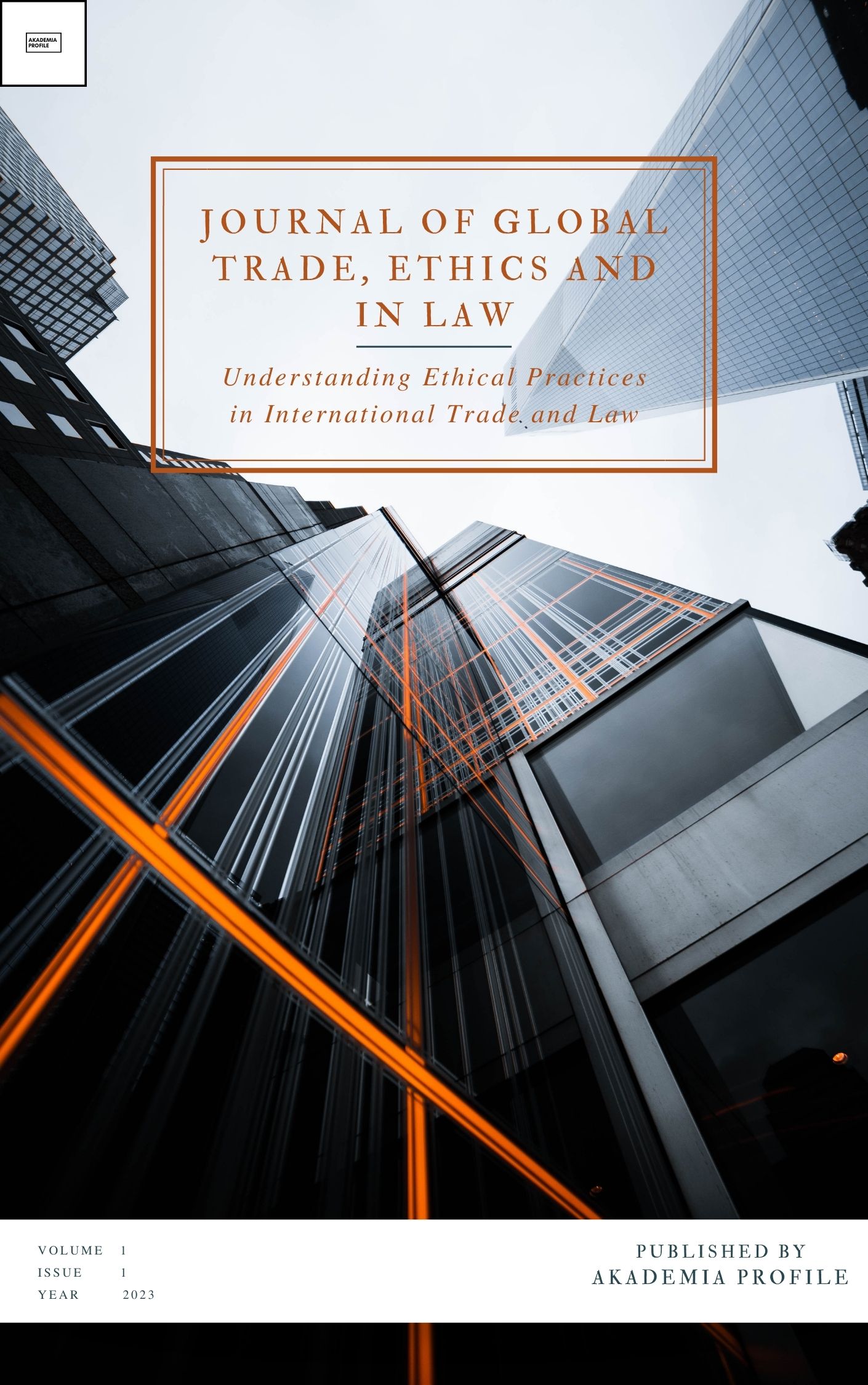Trade Agreement as a Model of Development: The Case of the Japan-Philippine Economic Partnership Agreement (JPEPA)

Published 2023-04-07
Keywords
- Bilateral Trade Agreement,
- Gravity Model,
- Tariff Reduction
Copyright (c) 2023 Journal of Global Trade, Ethics and Law

This work is licensed under a Creative Commons Attribution 4.0 International License.
How to Cite
Abstract
The Japan-Philippines Economic Partnership Agreement (JPEPA) includes comprehensive provisions that aims to foster economic growth. The provision on Tariff Elimination is expected to increase trade between the two countries. A modified Gravity Model was used in order to estimate the impact of Tariff Elimination to Exports of the Philippines to Japan using the weighted average of tariffs imposed by Japan to Philippine Exports. While a Two-Stage Least Squares (TSLS) was utilized to estimate its impact to Economic Development. Using quarterly data from 2001 to 2013, results shows that although the agreement is able to statistically increase exports of the Philippines to Japan, it may not be enough to induce significant Economic Growth to the Philippines.
